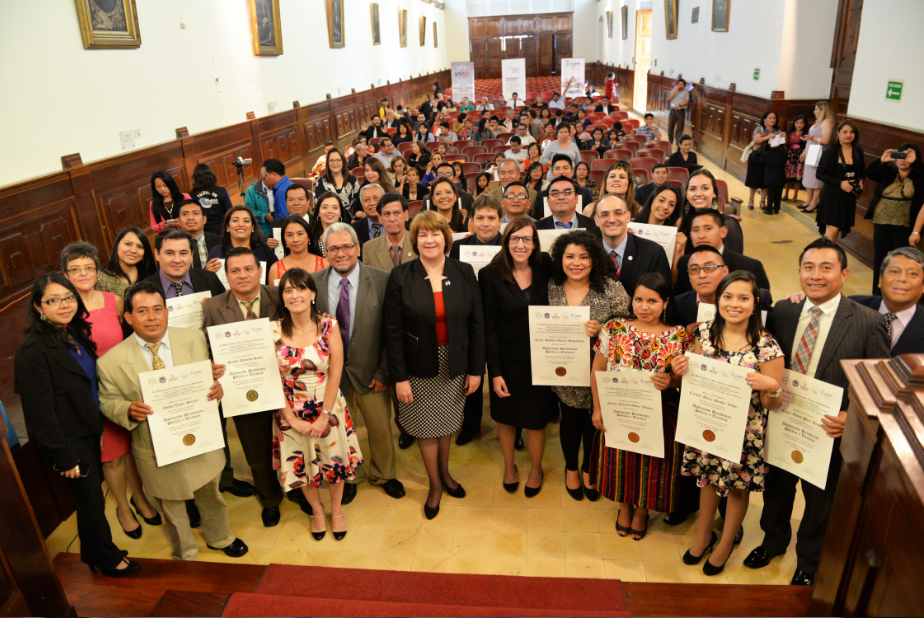
The press is capable of stimulating the public conscience when it generates meaningful debate on issues that tug on the fabric of social life.
In the best of circumstances, it can help bridge gaps in the functioning of democratic systems. Yet when it reinforces negative stereotypes, it can fan the flames of intolerance. In the case of Guatemala, persistent notions about marginalized groups have gone unaddressed, keeping members from participating in daily civic life.
In collaboration with San Carlos University of Guatemala, IRI sought to break these stereotypes by working with journalists from across the country to raise awareness of the benefits of social inclusion. In response to a USAID request under the U.S. National Action Plan on Women, Peace, and Security, IRI adapted its certificate-based Electoral and Political Journalism training series, originally focused on enhancing investigative journalist techniques, to help sensitize journalists to gender and sexual diversity issues in their reporting. Such exposure helped Guatemalan journalists become change agents by addressing biases and helping them see and report on contributions of marginalized groups in the community.
Nancy Szalwinski, Counselor for Public Affairs at the U.S. Embassy in Guatemala praised the trainings for adapting an investigative journalism curriculum to help boost advocacy for social inclusion.
Top